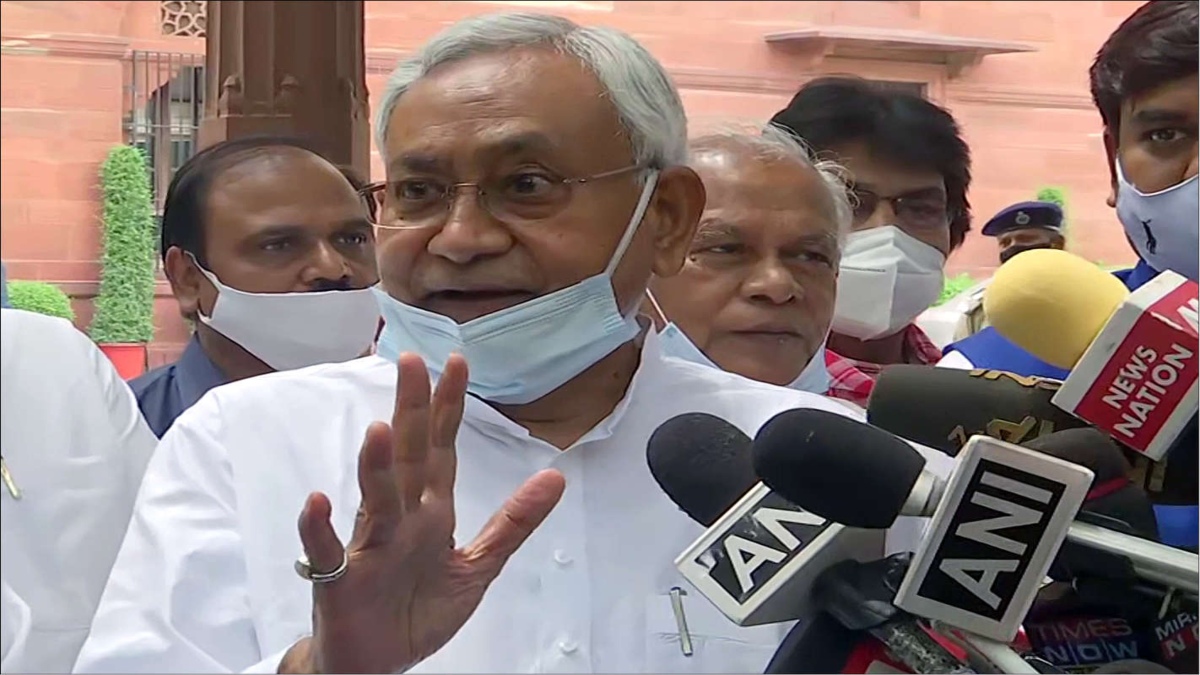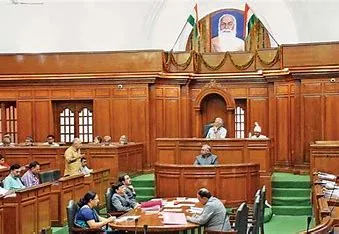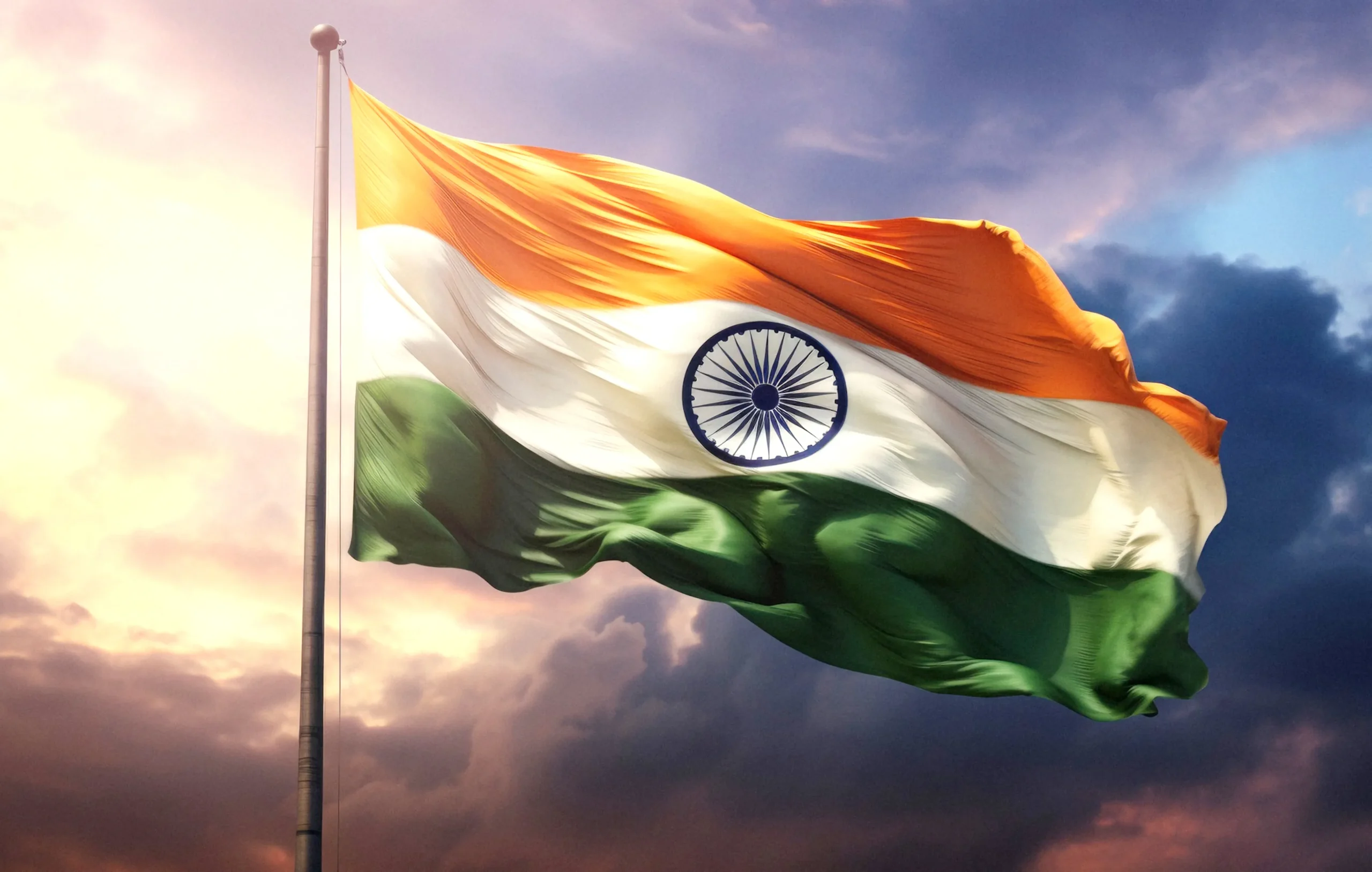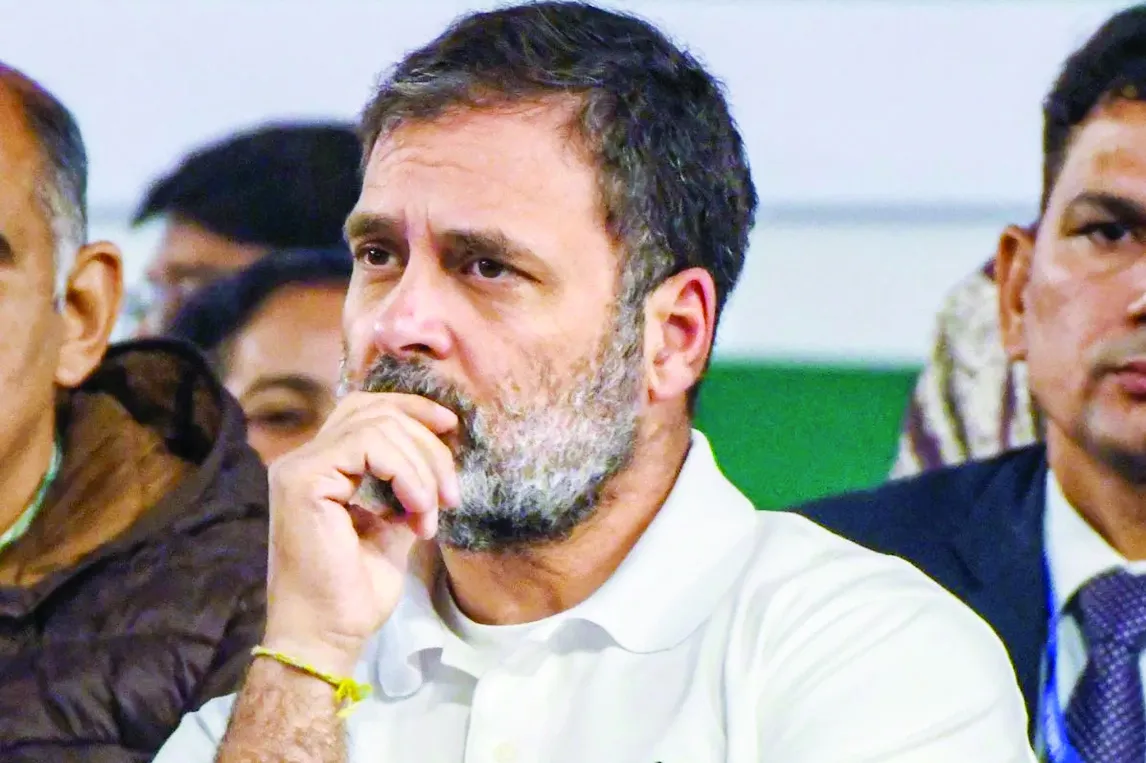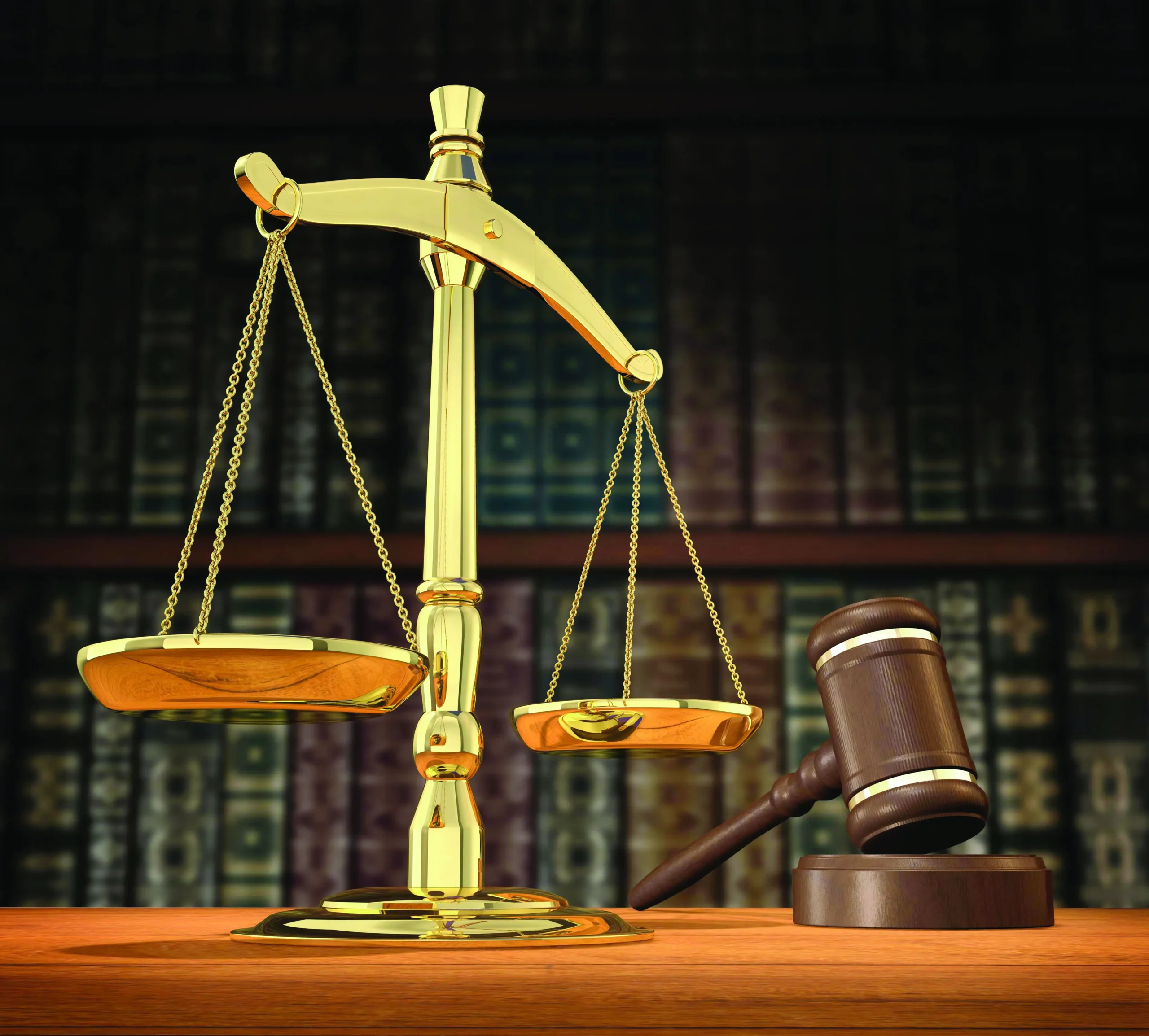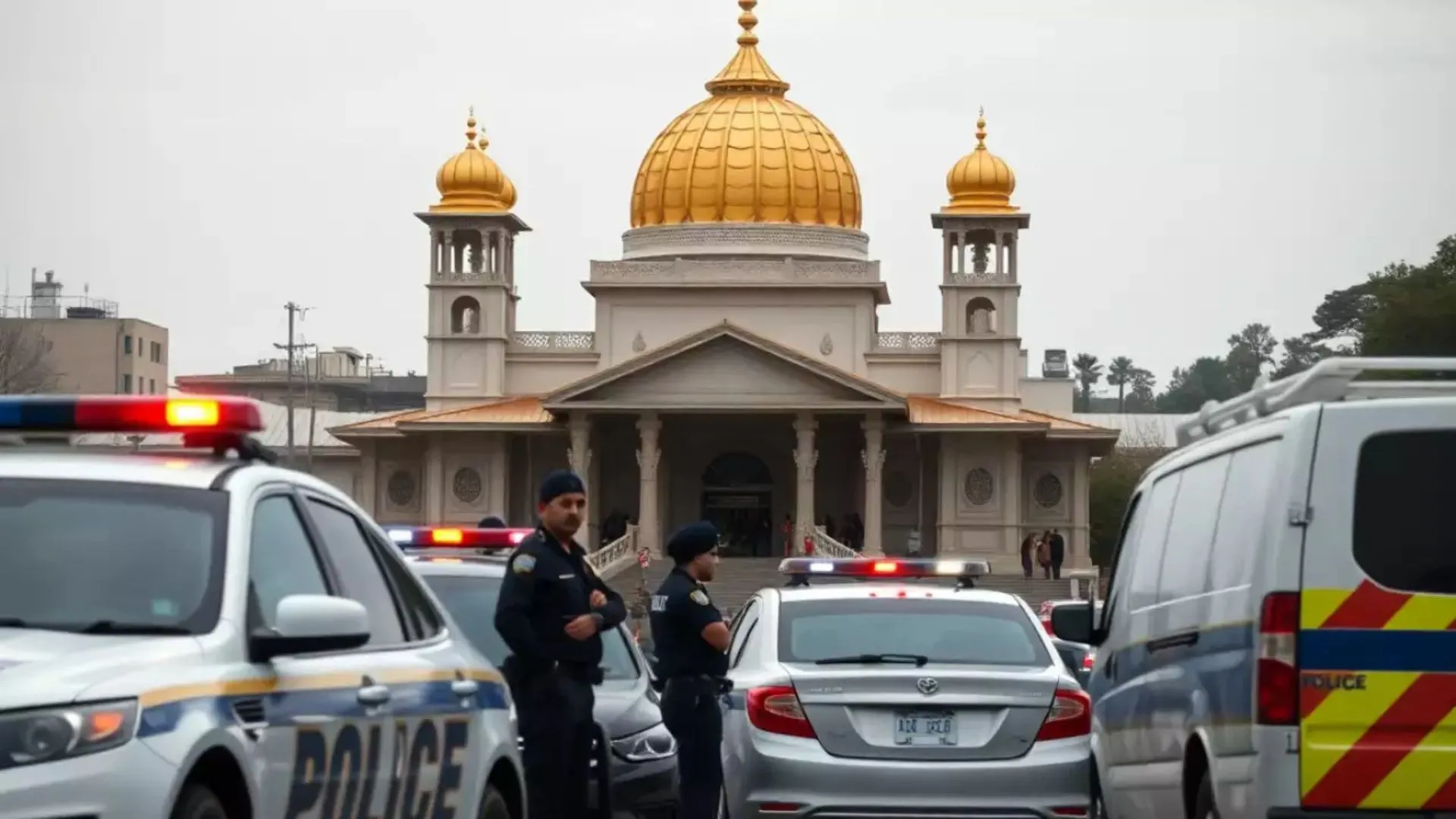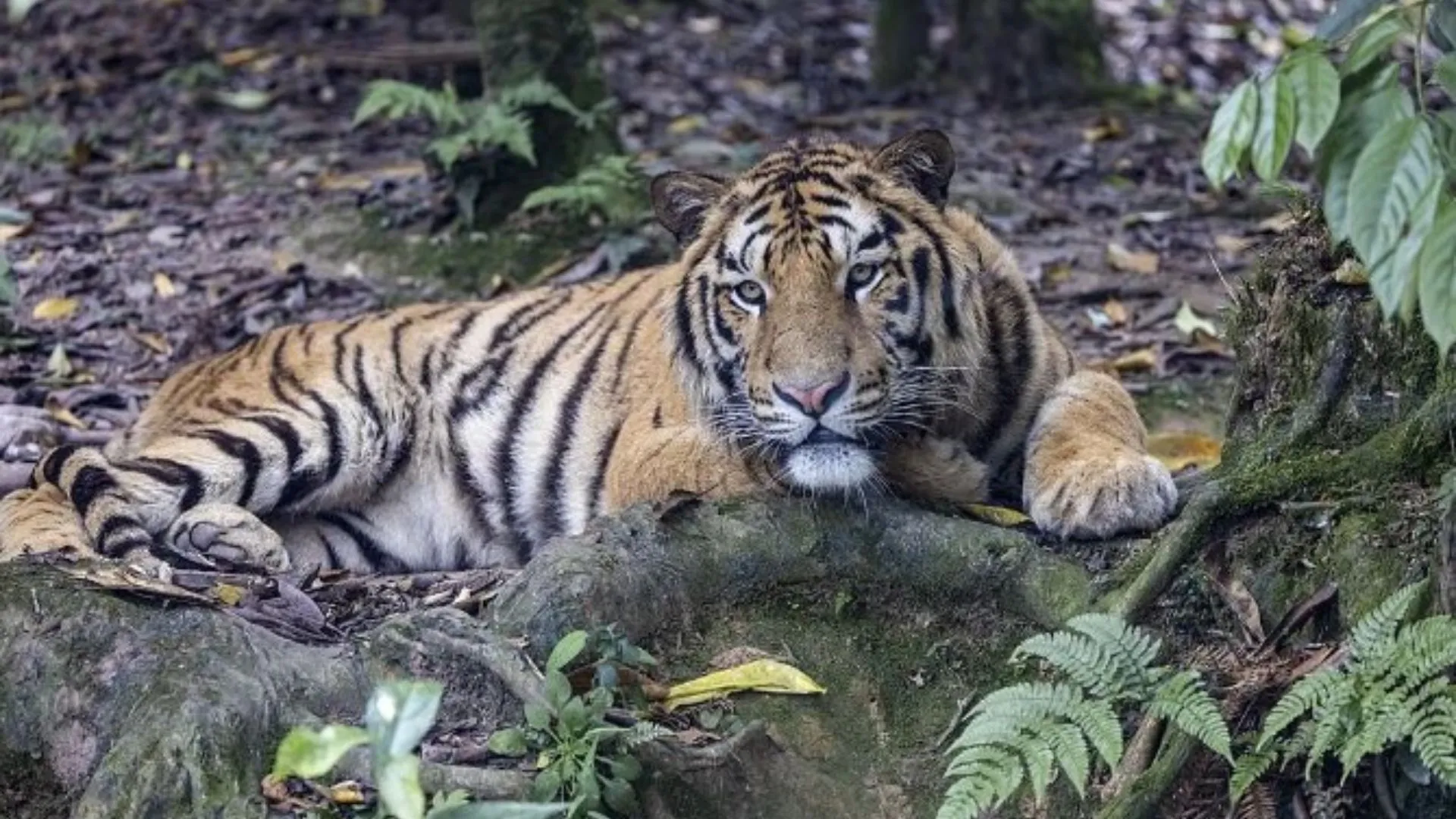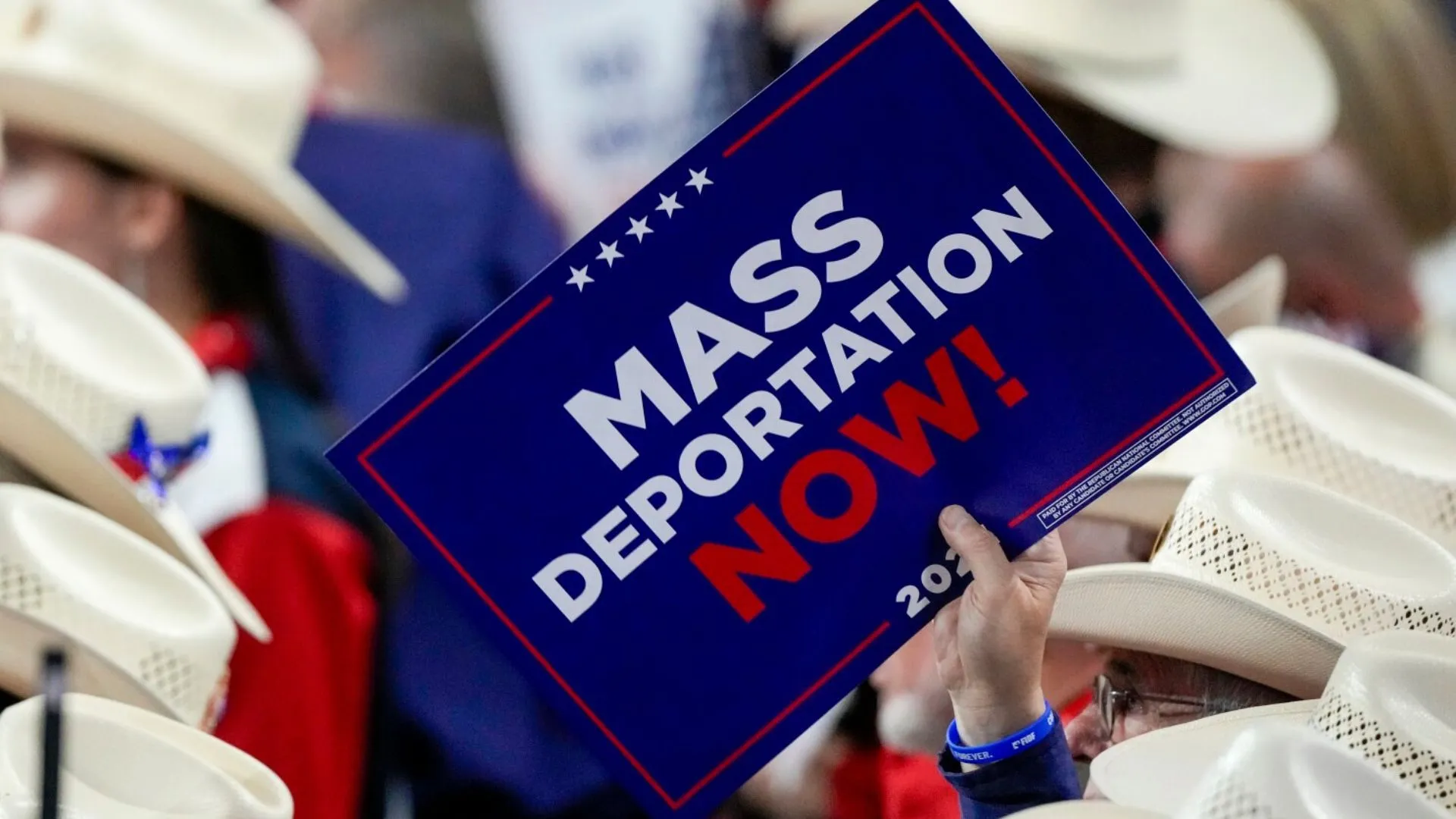Henry Wallace, the 19th century American journalist, thinker and politician once remarked about politicians in general, “Their final objective toward which all their deceit is directed is to capture political power so that …. they may keep the common man in eternal subjection”. One could dispute Henry Wallace’s statement in the Indian context, but it is undeniable that this statement applies to a large extent to the regional political parties engaged in politics of caste based identity which rather than finding solutions to the long standing basic issues are misled and continue to mislead. A case in point is the current demand for a census including caste data, which is an extension of the same narrow, sectarian politics promoted by these very sundry political parties aiming for short term gains. The demand for a caste-based census raises many questions regarding its need and aim, its honesty concerning the welfare of backward castes and intention towards national interest.
Recently, the political parties of Bihar, including the Chief Minister Nitish Kumar’s JDU, and opposition leader Tejashwi Yadav’s RJD, met Prime Minister Narendra Modi to demand the inclusion of caste enumeration in the 2021 census. Support for the same has been garnered with many other regional parties including Samajwadi Party, Nationalist Congress Party among others demanding caste-based census.
Since the caste count of SCs, STs is already a part of the census, the demand here, basically, is with regard to the caste count of OBCs. These parties argue that caste data is necessary so that the government’s policies and schemes can be planned properly, and benefits can reach all castes. It’s not a hidden truth though that the real purpose of these political parties is to beleaguer the Narendra Modi government. Various recent decisions of the Modi government, apart from its numerous welfare schemes for the SCs, STs, EWSs as well as OBCs etc., particularly in the interest of OBCs, have created panic among these parties engaged in fanning caste politics. Various decisions as rendering a constitutional status to the Backward Classes Commission; giving power of identifying the OBCs to the states; providing reservation to the OBCs in the All India quota of NEET/Medical, and the unprecedented representation of OBC ministers in the Union Cabinet etc. have rattled the caste-based parties that find themselves without a goal all of a sudden. Consequently, these regional parties, coincidentally ‘parties of one caste’ as well as ‘parties of a family’, fearing complete erasure from the Indian political scenario and bereft of any positive agenda against the Modi government, have once again taken recourse to caste politics. An interesting ontogeny in the current political scenario is that even the communist parties proclaimed to be doing politics against economic disparity, have metamorphosed, joining forces with the gang of parties promoting caste politics with the sole aim to checkmate the Modi government.
One can’t deny, however, that the caste system is a reality of our society. We must, also, confess that previously due to the caste system power, position and prosperity were generally concentrated in the hands of the so-called upper castes. ‘Backward’ and ‘lower’ castes, sadly, couldn’t get their due. Who else could understand this better than Babasaheb Ambedkar? Still Dr. Ambedkar and leaders like Pt. Nehru, Sardar Patel etc. kept the caste count away from the census. These leaders understood very well that it could adversely impact the unity and integrity of the nation. They were eyewitness to the British ‘divide and rule’ policy. In fact, even Western scholars like Marc Galanter evinced that the caste enumeration during the British Raj was a colonial conspiracy to weaken India’s unity and undermine the concept of the Indian nationhood with the objective of serving the British colonial interests.
Unfortunately, even in the independent India, the backward castes, on account of various reasons, could not get their proper representation in the system. The resultant was the ‘Mandal movement’ of backward castes or the rise of Dalit politics. It, although, is a different issue that, despite these movements, there has not been significant improvement in the predicament of most of these people and non-dominant castes of these groupings. The reason behind the same is that the benefits of reservation or other special schemes were mostly garnered by a few castes and some families. Various reports suggest that leadership in OBC politics is confined to a few dominant castes. Similarly, only a few castes have cornered most of the benefit of reservation. All these factors compel one to be sceptical and question the opportunistic leadership that has and will neglect the cause of the majority of the OBC castes, generally small in numbers. Even today, the objective behind the demand for caste-based census seems not to be the welfare of these backward sections but to grab their lost political ground.
These leaders think that, by mobilizing backward castes once again, power can be regained. It is assumed that in case OBCs population crosses 50% figure, they would be able to revive their caste-politics by demanding more reservation in employment and education etc. than the existing 27%. But they fail to acknowledge several things— firstly, while giving 27% reservation in the Indra Sawhney judgement popularly known as ‘Mandal judgement’ of 1992 by Supreme court or by the then government, it was assumed that the OBC population was 52%. This figure of 52% was based on the 1931 census, which was accepted as it is. Secondly, while recommending reservation for the OBCs on the basis of Article 15(4) and 16(4) of Indian constitution, the Supreme Court had maintained that it must be in harmony with Article 335, which says that reservation shall be “in consistence with the maintenance of efficiency of administration”. The Court, hence, then, had fixed the ceiling of reservation to 50%. Thirdly, although the caste counting was not done after independence (in 2011, socio-economic and caste-based data were collected but not released), but in 2007, the National Sample Survey Organization (NSSO) conducted a survey of the OBC population of the country estimating it to be 41 percent. Another data for the OBC population is based on the Unified District Information System for Education plus (UDISE+) school enrollment data for 2019-20, which estimated the OBC population to be 45 percent. Thus, both the estimate were less than the assumed 52% of the ‘Mandal report’, on the basis of which 27% reservation was given. But, whatever the real percentage of OBCs would be, in case the caste-census takes place, whether less or more than 52 %, disputes and controversies are imminent, which will only weaken the social harmony.
Moreover, the practical difficulty in enumerating a complex phenomenon like caste is the emergence of a very paradoxical situation, the same caste can be both ‘forward’ and ‘backward’ or OBC and SC in different states. A case in point is the Vaishya castes of Bihar are usually OBC, but in Uttar Pradesh they fall under the General Category. Similarly, the Dhobi caste comes in SC category in northern states whereas in Gujarat-Maharashtra, they are OBC. The same paradox prevails with regard to the Jats as well. Hundreds of such examples can be cited that make the issue complex providing scope for much politicisation in the name of caste. Such technical complications were a part of the 1931 report as well; two decades ago, the Anthropological Survey of India found similar discrepancies in its caste study.
Besides, a possibility looming in the future is that those castes, relatively bigger in number, would be pampered more by the political parties than the castes in lesser number, which would marginalize them further, although, gradually. The most dangerous effect of all these issues, eventually, is going to be a more intense caste-politics fanning animosity between castes. Caste, although, has already entered politics, but after the upcoming caste census a lethal mixture of caste and politics will pave for a situation which could be highly explosive and damaging for the fabric of the nation.
It is not without reason that while the regional parties with their narrow perspective are busy indulging in caste politics, and are very vocal for the caste-census, the Congress party, having a national approach, despite all its limitations, is relatively silent on the caste count. Even in the past, prominent Congress leaders like P. Chidambaram have not been in its support. On such a sensitive issue only time will tell what will be the stand of the government but it is certain that caste-based census shall be misused by the vested interests to create political unrest, leading to a state inimical to social harmony and national interest.
The author teaches at the Central Department of Hindi, University of Delhi, and has earlier taught in various American universities. He tweets @NiranjankIndia . Views expressed are personal.
Since the caste count of SCs, STs is already a part of the census , the demand here, basically, is with regard to the caste count of OBCs. These parties argue that caste data is necessary so that the government’s policies and schemes can be planned properly, and benefits can reach all castes.

